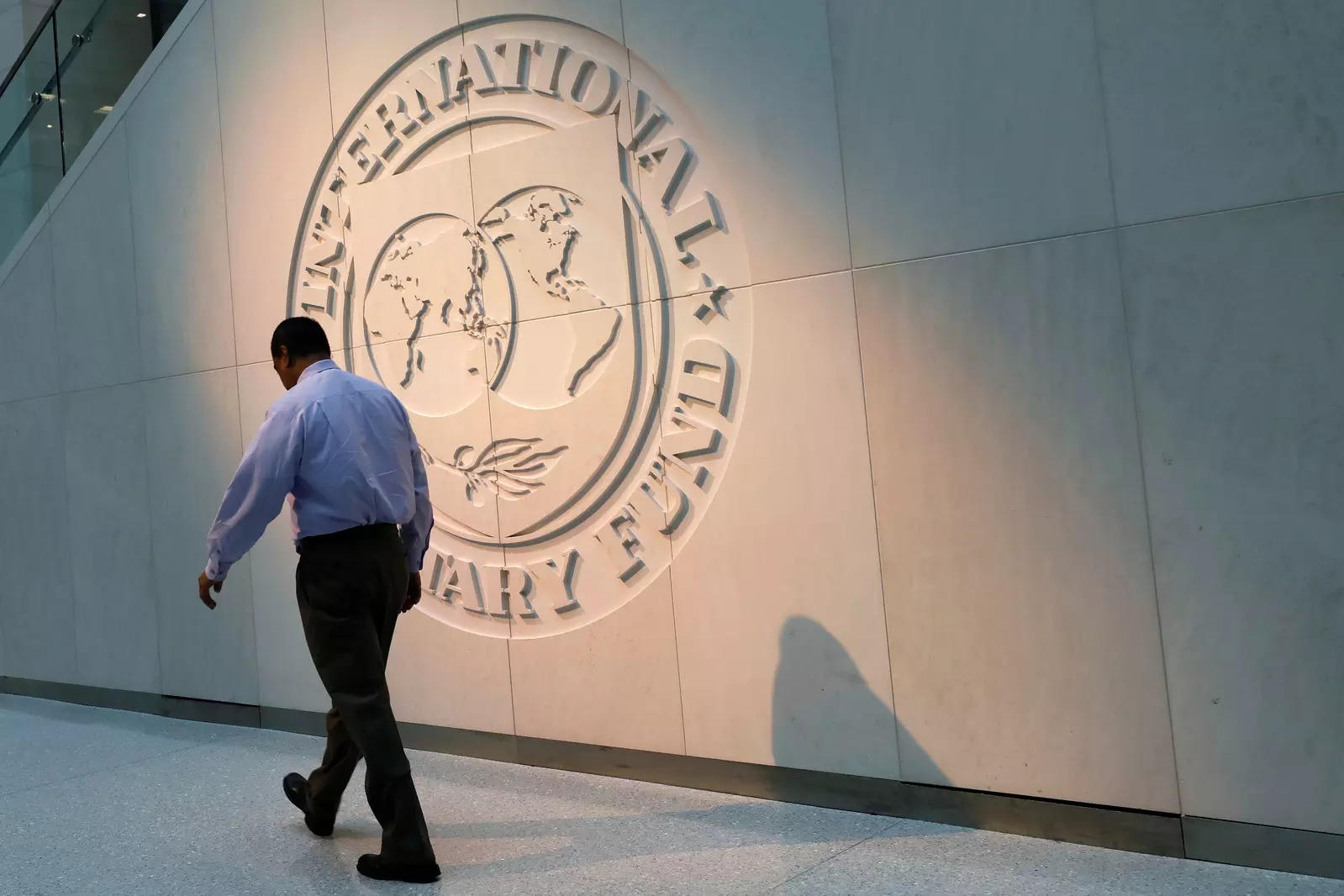Ahead of the G20 finance ministers and central bank governors’ meeting in Bengaluru, the International Monetary Fund (IMF) reaffirmed that India’s strong performance remains a “bright spot” in an uncertain global economy, stated that the country will contribute 15% to global growth, and added that it is “uniquely positioned to bring countries together.”
In a policy blog titled “Policy Priorities for G20: One Earth, One Family, One Future,” referencing India’s theme for its G20 presidency, IMF managing director Kristalina Georgieva noted that the World Bank, IMF, and India’s G20 presidency are convening the first in-person meeting of a new Global Sovereign Debt Roundtable in Bengaluru. She described India as a “global growth engine” and lauded the country’s unified payment interface as a prime example of “technology promoting financial inclusion.” She also stated that India’s evaluation of central bank digital currencies (CBDCs) can benefit research in other countries.
She stated that while 2023 will be a difficult year, it may mark a turning point with inflation falling and growth reaching its lowest point. With reference to the IMF’s most recent forecasts, which indicate that global GDP will drop to 2.9% this year and then rebound to 3.1% in 2024, she stated, “Looking below the headline numbers, emerging market and developing nations are generating the majority of the momentum. We anticipate that they will account for almost 45% of global growth this year, with India alone contributing more than 15%.”
According to the IMF’s most recent forecast, the Indian economy will grow by 6.1% in 2023-24 and 6.8% in 2024-25, the fastest growth rate among large economies. The Indian government anticipates a 6.5% growth rate in 2023-24.
In a world facing various difficulties and significant geopolitical tensions, Georgieva stated that India’s leadership was “crucial” and reflected the G20 theme. She then described her perspective on the three distinct subthemes.
One family
Understanding the notion of one family as solidarity and protection for the weak, Georgieva argued that growth is still mediocre, pricing pressures are excessive, and after three years of shocks, many economies and individuals continue to suffer. Despite some declines in food costs, a record 349 million people in 79 countries are threatened by severe food insecurity.
She emphasised that fiscal measures must be temporary and “laser-focused on safeguarding the most vulnerable,” that bringing inflation back to goal remained a “imperative,” and that policymakers must continue to tighten monetary policy. But, Georgieva noted, “Although the global tightening cycle is vital to maintain price stability, policymakers must be wary of detrimental spillovers to emerging and developing economies, such as a higher U.S. dollar and capital outflows.”
About the debt crisis, Georgieva stated that 15% of low-income nations were in debt distress, 45% were at high risk of debt distress, and 25% of emerging economies faced “default-like” borrowing spreads. She announced the convening of the Global Sovereign Debt Roundtable after suggesting that the G20 common framework’s ground rules must be clarified and processes made more efficient and effective. This week, we will meet face-to-face for the first time in Bengaluru, paving the path for creditors, both public and private, and debtor nations to collaborate, assess current deficiencies, and determine the most effective means of addressing them.
One earth
Interpreting one earth as “protecting our planet, our home,” the IMF managing director noted the urgency of the climate crisis and the steps being taken to combat it, but also cautioned against protectionism – a topic that has become urgent as western economies race to provide subsidies to domestic industry to boost green economy sectors.
While noting that progress had been made as major economies realigned their fiscal frameworks to accelerate the green transition, Georgieva cautioned that policy should remain focused on the transition rather than giving domestic companies a “competitive advantage.”
“Green subsidies for emerging technology can be beneficial…
Yet, they must be properly designed to avoid excessive spending and trade disputes, and to ensure that emerging nations have access to technology. In other words, we must avoid protectionist tendencies. This would make it significantly more challenging for developing nations to obtain innovative technologies and assist the green transition.”
One future
Viewing the one future subtheme as prosperity for all, Georgieva emphasised that the manner in which policymakers handle the potential of digital progress will be crucial for a just and inclusive future. Consider the revenue and compliance gains of digital tax administration, the increased transparency of online procurement, which aids in the fight against corruption, and the accountability of digital public financial management systems, which can bolster the social contract.
In this context, she lauded India’s UPI, noting that, only last month, it had handled eight billion transactions and enabled 400 million rural residents to participate using antiquated push-button phones. As member nations actively evaluated the concept of CBDCs, she once again cited India’s “in-depth assessment” of CBDCs as having the potential to inform studies in other nations.
India has denied private cryptocurrencies monetary status, but is open to exploring their status as an asset class, and has backed the usage of block chain technology (the technology behind cryptocurrencies). On Tuesday, India’s UPI and Singapore’s PayNow announced that residents of the two nations can immediately transfer money using their respective systems.
Georgieva also cautioned about the dangers of financial technology, citing the recent collapse of several cryptocurrency exchanges. “Thus, we need the appropriate measures, such as strengthening financial regulation and developing global standards that can be applied uniformly across borders.”
To accomplish this, the IMF cautioned that countries must find common ground despite increased geopolitical tensions and avoid zero-sum policies.
